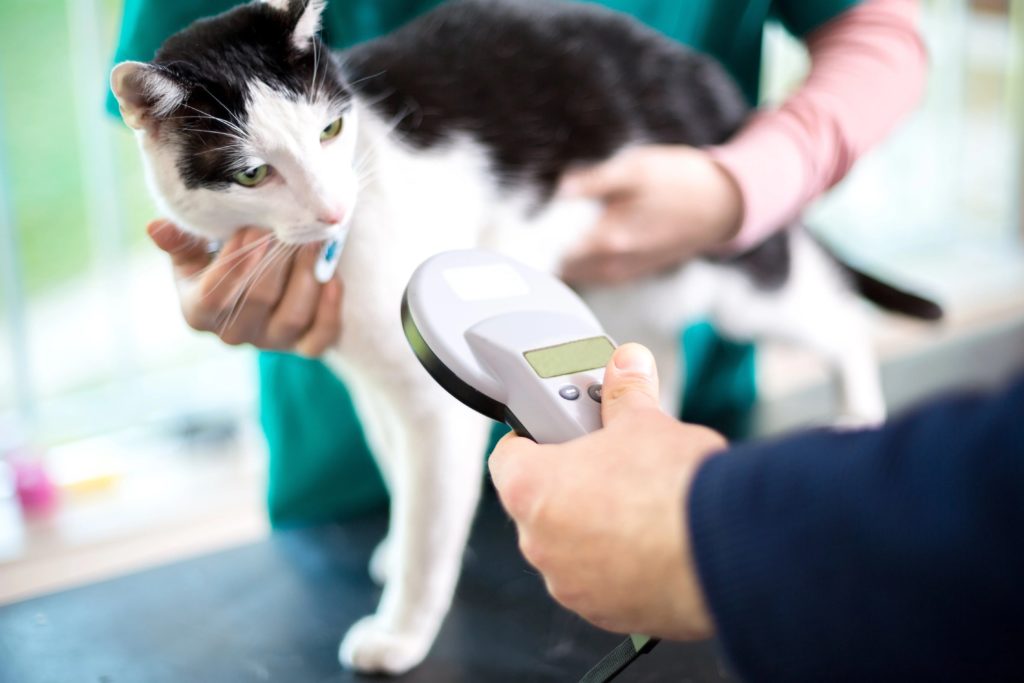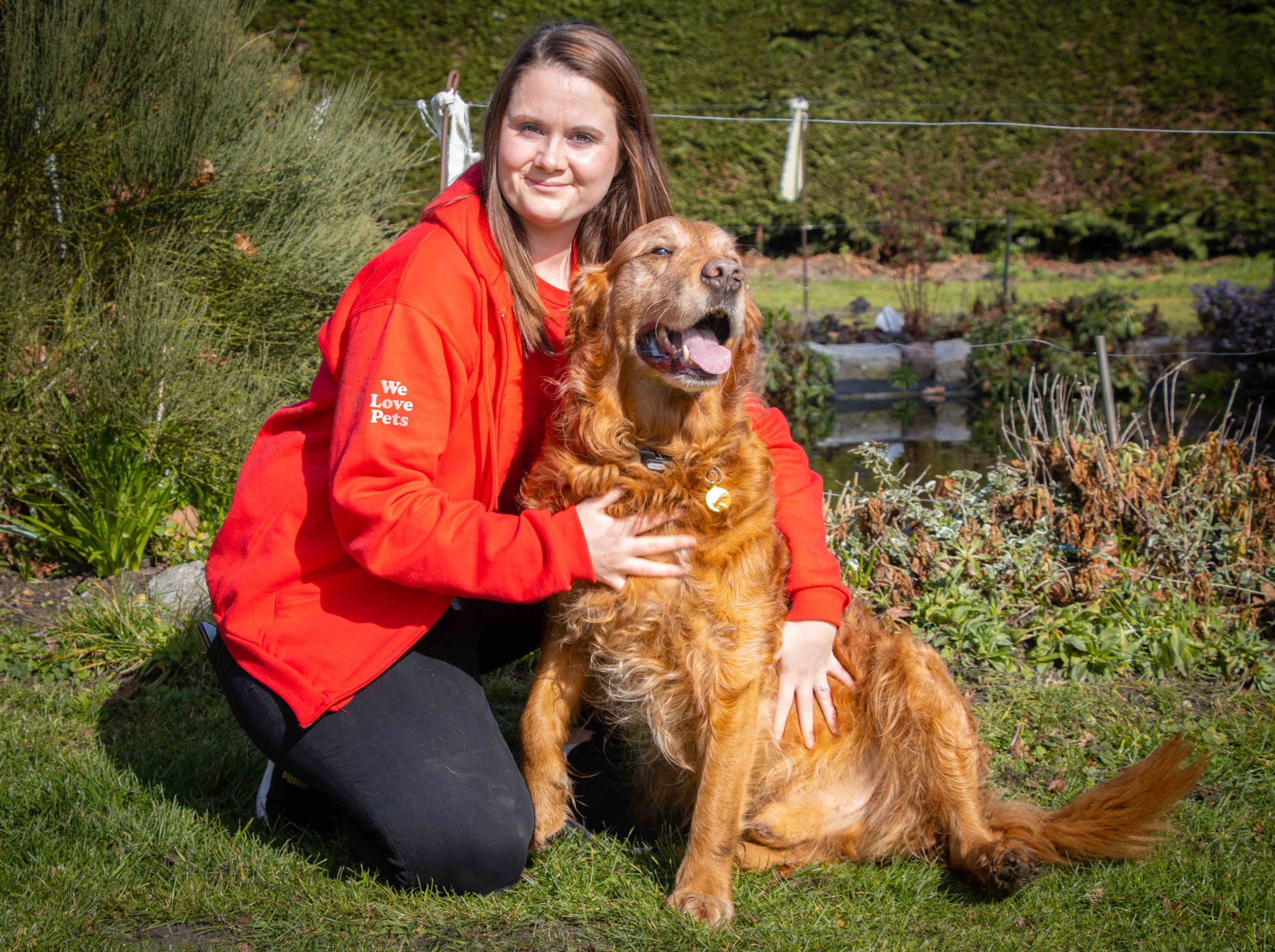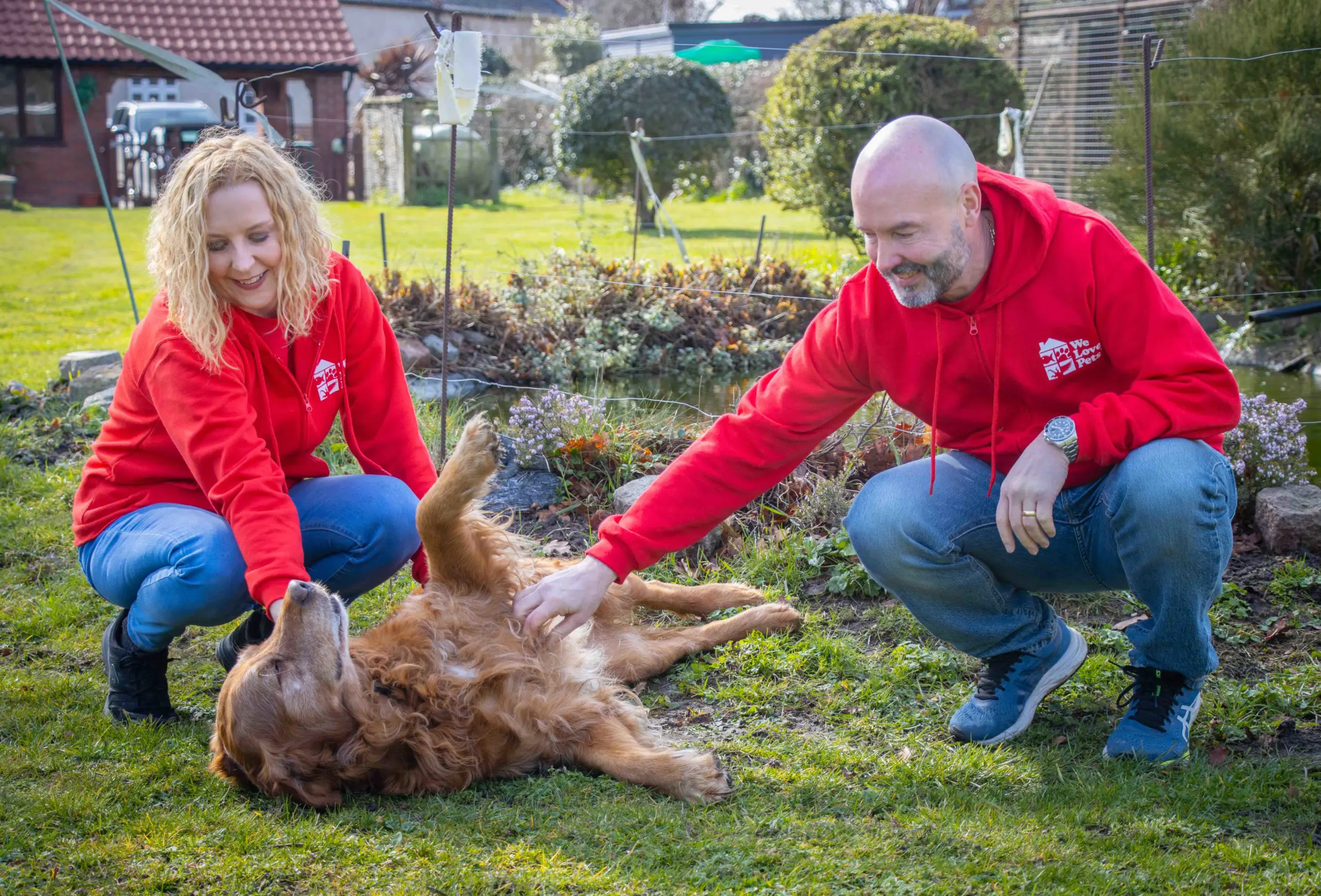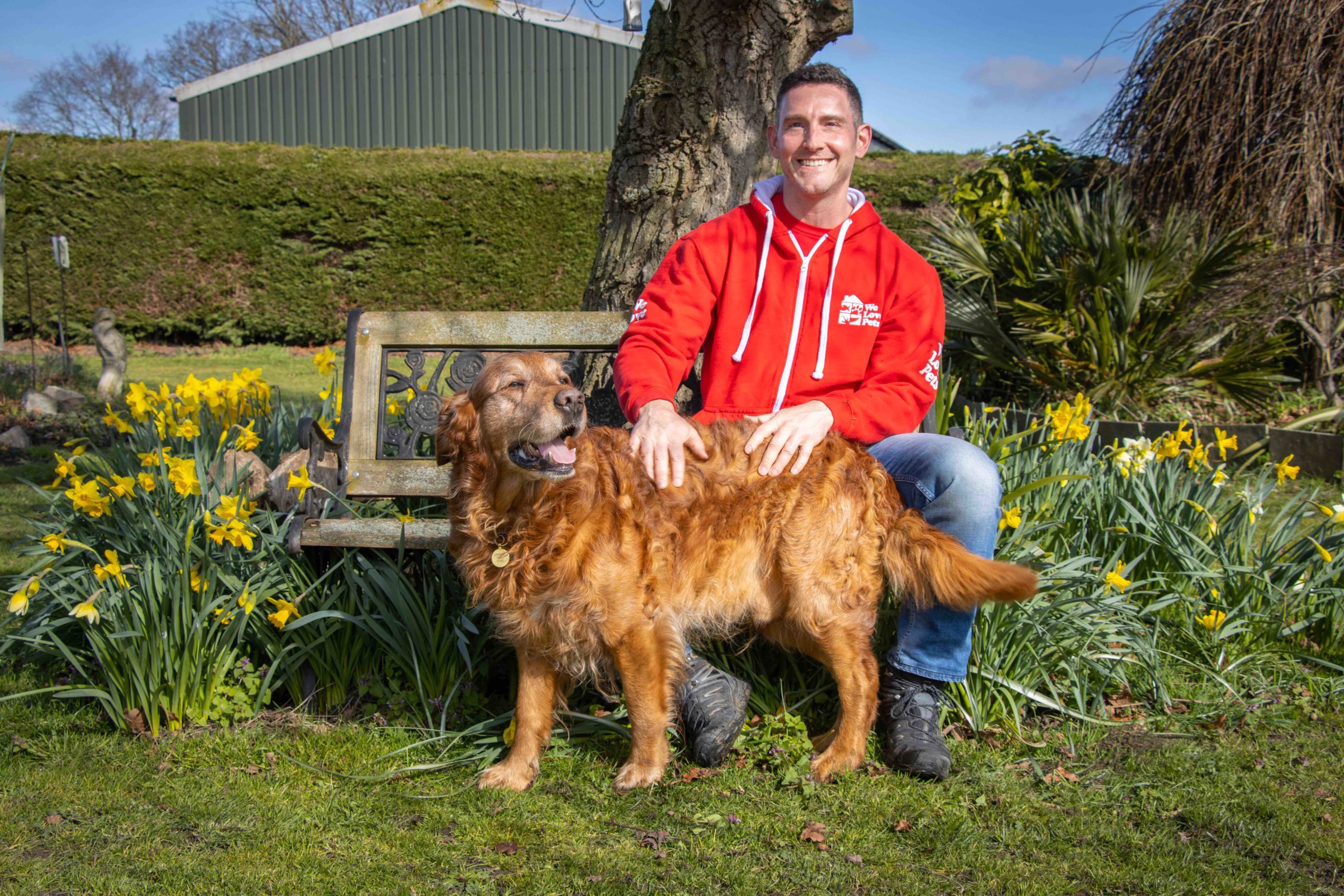Did you know: there are more cats than dogs in the UK?
There’s over a million more pet cats than pet dogs in the UK, with 24% of adults owning a cat in 2021. If you’re considering adopting one for yourself, take a look at our brief guide to the temperaments and needs of each of the UK’s most popular cats.
While which breed actually has the top spot is widely disputed, the following breeds are always near the top of the list:
- Bengal
An energetic, playful breed, these cats’ leopard-like appearance is iconic. While their social nature makes them excellent pets for families with children, you have to take on the challenge of keeping them entertained! It is recommended that you stock your home with toys and activities like tunnels, boxes, and some high surfaces.
Keeping up with their active lifestyle appears to be their only challenge though, as they generally have good health, aren’t fussy eaters, and only require grooming weekly. They can live anywhere between 10-18 years.
- Siamese
Besides their beautiful colouring, Siamese cats are best known for being loyal and energetic. Their intelligence means they are a bundle of fun to play with, although they’ll get up to mischief if not entertained. You can care for these needs by providing them with puzzle toys that make them think, taking them for walks on a lead, and most importantly playing with them: teach them tricks, or even how to play fetch!
While they may be demanding of your attention, they are affectionate, good with children, fiercely loyal, don’t shed much, and have minimal maintenance needs. Their average lifespan is 10-12 years, however the oldest known Siamese cat lived to be 30!
- British Shorthair
These fluffy felines are a wonderful middle ground. Their average amount of energy means they will play as well as relax with you, with less of the curious genes that have Bengals jumping on top of your kitchen cupboards, but more of a playful side than the sleepy Persian. Their average intelligence means they enjoy some more complex toys but aren’t difficult to keep occupied. They are sometimes shy with new people, but affectionate with their families, and get on well with children.
They are prone to a few disorders, but are generally healthy animals. They only require weekly grooming, and shed – you guessed it! – an average amount, with a lifespan usually around 15 years.
- Persian
Persian cats made their way to Europe in the 1600s and have been adored ever since. The popularity of Persians has decreased drastically in the UK over the last 20 years however, likely because they are very high maintenance. They shed a lot, their coat must be thoroughly groomed every single day, their teary eyes need to be wiped to prevent staining, they are prone to health problems, and don’t do well in heat.
That being said, they are still loved the world over for their calm, quiet temperament, which make them ideal companions for cat lovers who don’t want to be fetching a curious energetic feline from a ceiling fan every few seconds. Their median life expectancy is 14 years.
- Ragdoll
Too cool for school, Ragdolls have been called ‘the epitome of the ideal cat,’ and are one of the most laid-back breeds out there. While every individual cat is different, this breed is known for being calm and friendly. They’ll even let you pick them up and carry them around, unlike some other breeds. Don’t mistake their chilled-out vibes for stupidity though, they’re quick to figure things out and respond well to training.
A Ragdoll’s health should generally be good as there aren’t many hereditary conditions in the breed, however heart disease has been reported, so make sure you do your vet check-ups. Their lifespan varies greatly, with reports spanning 9-23 years!
- Maine Coon
These adorable bundles of fur are commonly agreed to be the largest domestic cat, and are known for being super friendly, social, and talkative. Their gentle nature means they’re favourites among households with children and other animals. These playful felines have even been called ‘dog-like’ for their love of cuddles and trainability.
While their long coat means they can shed quite a bit, it is easily maintained with a weekly brush. There are a few hereditary health issues Maine Coons are prone to developing, but you can usually expect them to live around 12 years.

At the end of the day, which cat is best for your and your family is up to you to decide. And while these patterns in breed behaviour are widespread, every single kitty is different, so get to know the cat you want to adopt to ensure it’s the right fit for your home.




